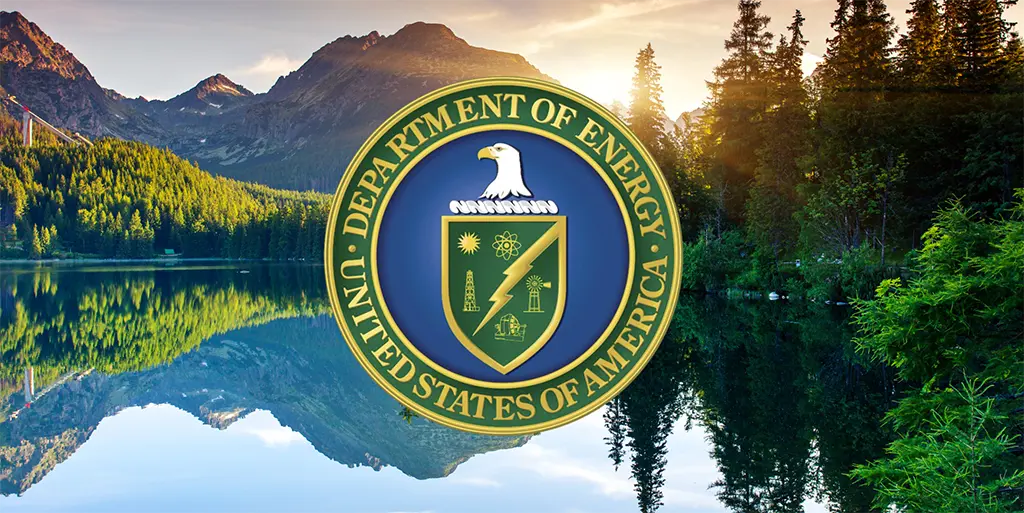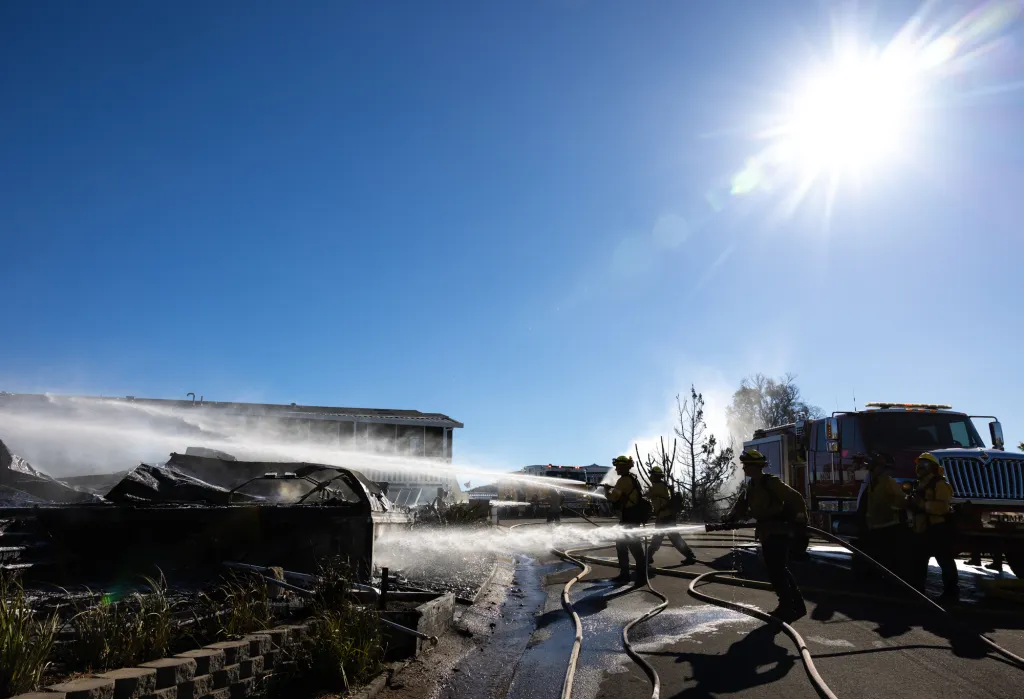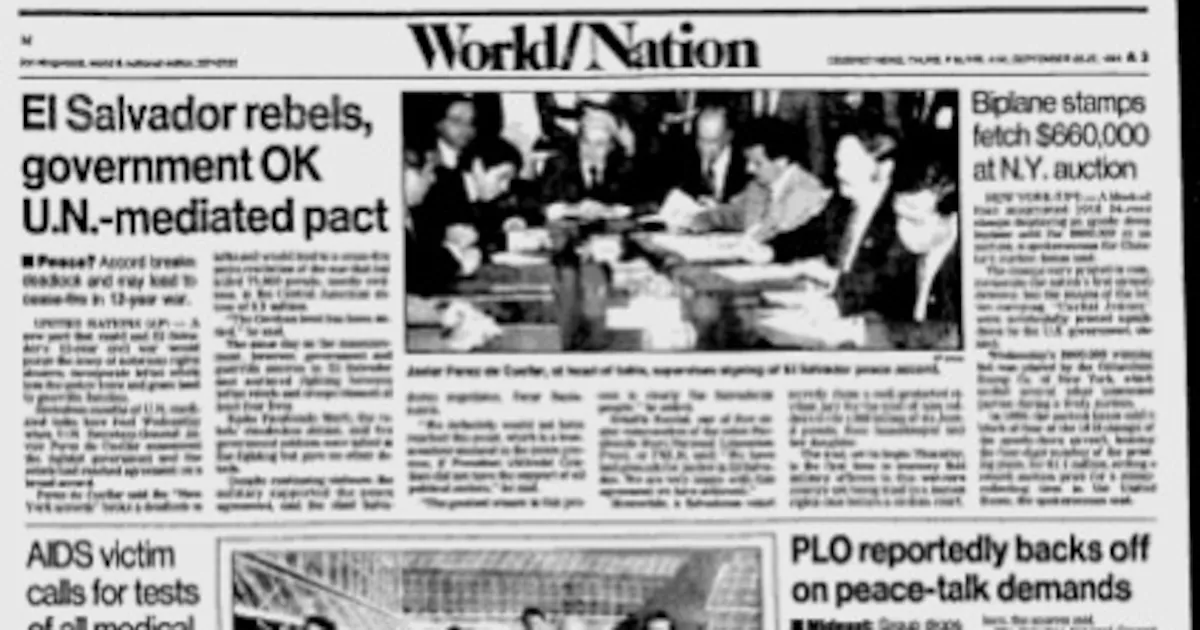
This week, three outlets – The Guardian, NPR, and Politico – ran near-identical stories on what they claim is a Trump administration “crackdown” on climate language inside the U.S. Department of Energy. At issue: an internal email to staff at the Office of Energy Efficiency and Renewable Energy (EERE), the branch that doles out billions in taxpayer subsidies for wind, solar, and other “green” projects.
The supposed controversy? Staff were told to avoid buzzwords like “climate change,” “green,” “sustainable,” “emissions,” “decarbonization,” “clean energy,” and “energy transition” in official documents.
Cue the outrage machine.
The Guardian framed it as part of a “post-truth” assault on the “climate crisis,” quoting anonymous staffers warning that the DOE is “silencing science”.
NPR emphasized that the language ban extends to funding requests and websites, calling it an effort to “restrict access to information”.
Politico called it the latest attempt to “downplay the realities of climate change”.
Of course, DOE press secretary Ben Dietderich flatly denied there’s any directive against using those words, stating:
“There is no directive at the Energy Department instructing employees to avoid using phrases such as ‘climate change’ or ‘emissions.’ President Trump and Secretary Wright remain committed to transparency and fostering an open, honest dialogue about climate science”.
So which is it?
On one hand, bureaucrats say they got an email telling them to trim their vocabulary. On the other, DOE leadership denies it’s policy. In reality, this looks less like censorship and more like political reframing: Washington word-policing to avoid loaded terminology that’s become shorthand for policy activism rather than objective science.
Consider: “climate change” today is less a scientific descriptor than a rallying cry. Likewise, “decarbonization” and “energy transition” are not neutral words – they’re policy prescriptions dressed up as inevitabilities. DOE officials may be saying, “Let’s focus on the engineering and economics, not the slogans.”
And it’s not like past administrations didn’t play the same semantic game. Under Obama and Biden, “global warming” was phased out in favor of “climate change,” then “climate crisis,” then “climate emergency.” Words are weapons in policy battles. What’s new is simply who’s choosing which ones to avoid.
Meanwhile, the media is treating this as if banning a few buzzwords will stop hurricanes, wildfires, or sea level rise. It won’t. But it might stop government reports from reading like Greenpeace press releases – and that’s probably the point.
The DOE’s role should be clear: fund energy R&D that works, not promote loaded climate narratives. If that means a little less “decarbonization” rhetoric and a little more technical focus, maybe that’s a feature, not a bug.



